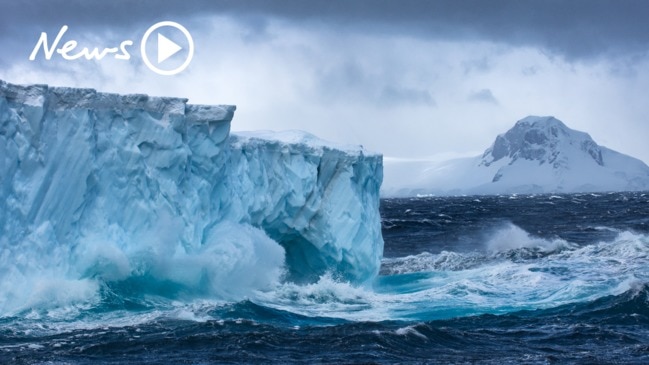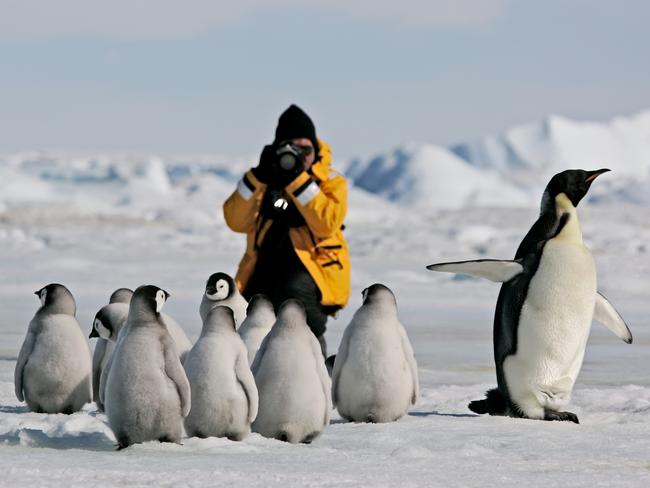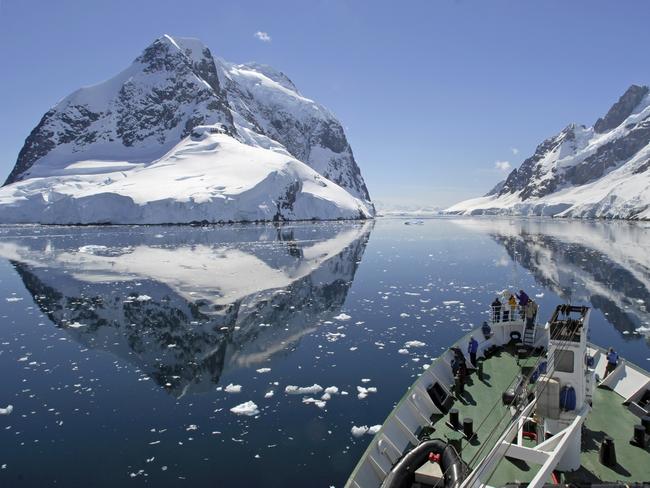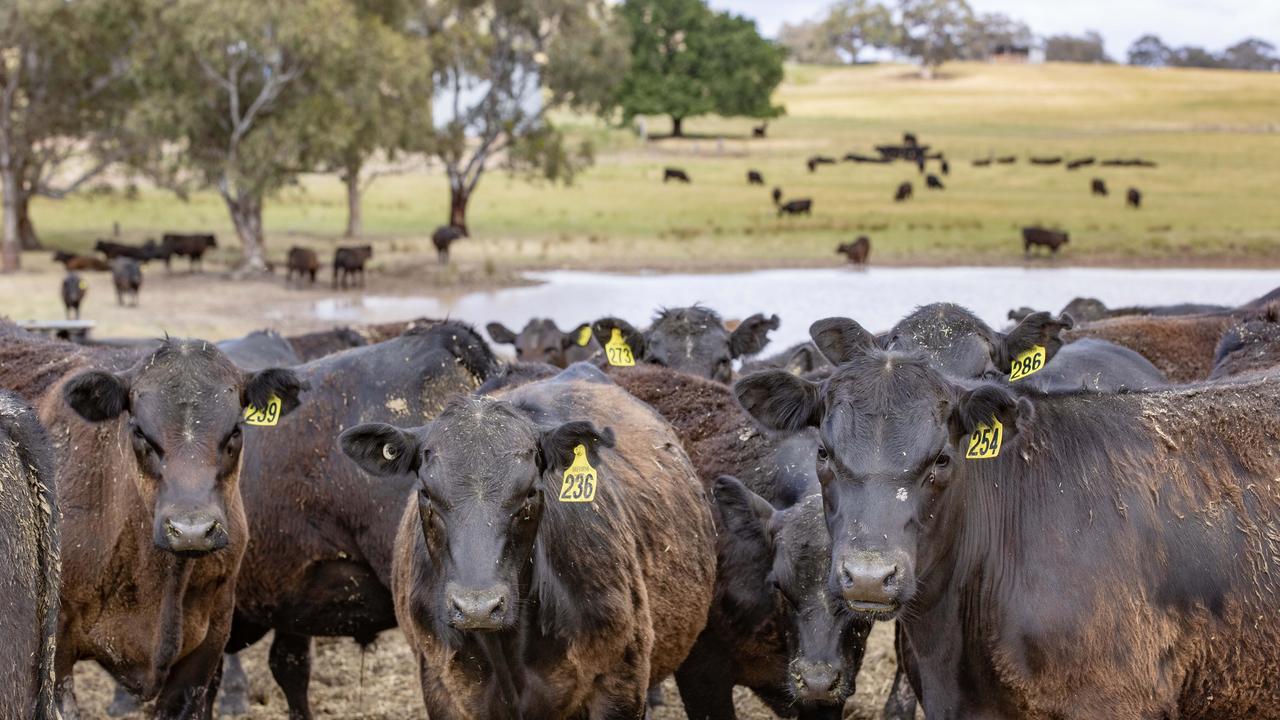Australian Centre for Excellence in Antarctic Science launched in Hobart
Hobart has long been known as the gateway to Antarctica, and now a new research centre will delve into mysteries of the frozen continent.

Tasmania
Don't miss out on the headlines from Tasmania. Followed categories will be added to My News.
A newly established research centre based in Hobart will seek to gain a better understanding of how East Antarctica and the Southern Ocean are influencing climate change, with its work expected to be of global significance.
The Australian Centre for Excellence in Antarctic Science (ACEAS) launches today and is backed by $25m in funding from the Australian Research Council until the end of 2025.
The centre is a consortium of eight Australian universities, led by the University of Tasmania.

ACEAS director Matt King said the centre’s researchers were particularly interested in gaining insights about the climate risks emerging from the mysterious East Antarctica region, as well as the Southern Ocean.
“We know enough now to know that there are still a huge number of surprises that keep emerging out of East Antarctica,” Professor King said.
“Earlier this year we had 40 degree heatwaves sitting over a vast area of East Antarctica. It didn’t get to melting but it was 40 degrees warmer than normal.
“And you just think, ‘What will a 40 degree heatwave look like in Australia?’”
Professor King said ACEAS would set out to understand how the Antarctic region was influencing climate-driven warming, drought, floods, and sea-level rise, which were, in turn, affecting agriculture, fisheries, homes, infrastructure, and coastlines across the planet.

It’s hoped the centre’s research – integrating both new and existing knowledge of the region’s waters, atmosphere, cryosphere and ecosystems – will help communities better prepare for the wide-reaching impacts of climate change.
“[There is] $230b of Australian infrastructure within a metre of sea level,” Professor King said. “A metre of sea level [rising] is in play this century.”
“So these are big important questions and we need to get ahead of them rather than being surprised by them.”
ACEAS will eventually grow to employ 37 postdoctoral researchers and 24 PhD students.





